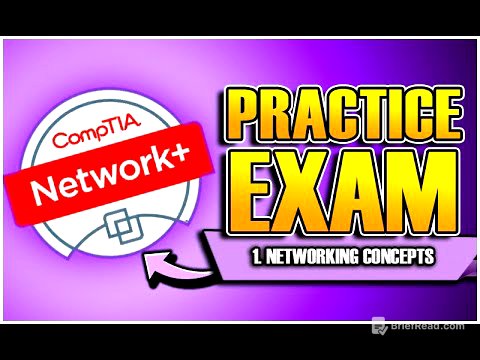TLDR;
This video provides practical tips on how to speak smartly, emphasizing clarity, confidence, and respect. It covers essential techniques such as thinking before speaking, using simple language, controlling tone and pace, listening actively, incorporating stories, choosing words carefully, and building confidence through practice. The ultimate goal is to communicate effectively and make a lasting impact on listeners.
- Think before you speak
- Use simple words
- Control your tone and pace
- Listen more than you speak
- Use stories and examples
- Choose your words carefully
- Build confidence through practice
Introduction: The Essence of Smart Speaking [0:00]
Speaking smartly is about communicating clearly and confidently, earning respect and trust. It's not about using complex vocabulary to impress, but about making your words memorable and impactful. When you speak smartly, people pay attention, remember your message, and take you seriously.
Tip 1: Think Before You Speak [0:45]
Smart speakers pause to think before speaking, avoiding filler words and rambling. This pause, even if just a few seconds, allows for organized thoughts and better word choice, projecting confidence and control. To practice, take a breath before answering, identify your main point, use short sentences, and avoid filler words like "um" or "like." Thinking before speaking earns respect, as people recognize the careful selection of words and listen more attentively.
Tip 2: Use the Power of Simple Words [4:08]
Effective communication relies on simple words for clarity and connection, not complex vocabulary. Simple words ensure the message is easily understood, build rapport with the audience, show confidence, and make the message memorable. To practice, replace complex words with simpler alternatives, explain concepts as if speaking to a 12-year-old, and avoid overloading with unnecessary details. Using simple words allows your tone, confidence, and message to stand out, focusing the audience on your ideas rather than your vocabulary.
Tip 3: Control Your Tone and Pace [7:52]
Tone and pace significantly influence how your words are received. Tone reflects your emotion and attitude, while pace is the speed at which you speak. Matching your tone to your message and balancing your pace keeps listeners engaged. Use the "smile voice" technique to sound warmer, pause for impact to emphasize key points, stress important words, and adjust your tone to the mood of the conversation. Recording yourself can help identify and correct issues with tone and pace, ensuring a clear and confident delivery.
Tip 4: Listen More Than You Speak [12:40]
Smart speakers prioritize listening, which provides knowledge, makes others feel valued, helps in choosing the right words, and avoids unnecessary arguments. Active listening involves giving full attention, avoiding interruptions, using acknowledgments like nodding, and repeating or paraphrasing to ensure understanding. Following the 70/30 rule—listening 70% of the time and speaking 30%—allows for more impactful and tailored responses. Listening deeply enables precise and relevant communication, making your words more meaningful.
Tip 5: Use Stories and Examples to Make Your Point [17:33]
Stories and examples enhance communication by making messages memorable and engaging. Our brains are wired to remember stories, which activate multiple areas, including language, sensory, and emotional centers. To use stories effectively, keep them relevant and short, add vivid details, and include a clear lesson. If personal stories are unavailable, use examples to illustrate your points. Building a "story bank" of personal experiences with key details and takeaways can help in choosing relevant stories for various topics.
Tip 6: Choose Your Words Carefully and Speak with Purpose [22:51]
Smart speakers choose words carefully and speak with a clear purpose, ensuring every sentence contributes to meaning. Word choice can influence emotions and actions, so it's crucial to select words that build trust and encourage positive responses. Speak with purpose by knowing whether you aim to inform, inspire, solve a problem, or build a relationship. Avoid unnecessary words, replace negative terms with positive ones, be specific, match your language to your audience, and avoid over-complication. Before speaking, use the "three filters rule": Is it true? Is it necessary? Is it kind?
Tip 7: Build Confidence Through Practice and Self-Belief [28:36]
Confidence is essential for smart speaking, enhancing the energy and impact of your message. Confidence can be built through preparation, practice, positive body language, and a supportive inner voice. Start small, accept mistakes as normal, and believe in your message. A daily routine to build confidence includes reading aloud, recording short talks, learning new words, practicing eye contact, and using positive affirmations. Combining skill with confidence allows your words to inspire and change lives.









